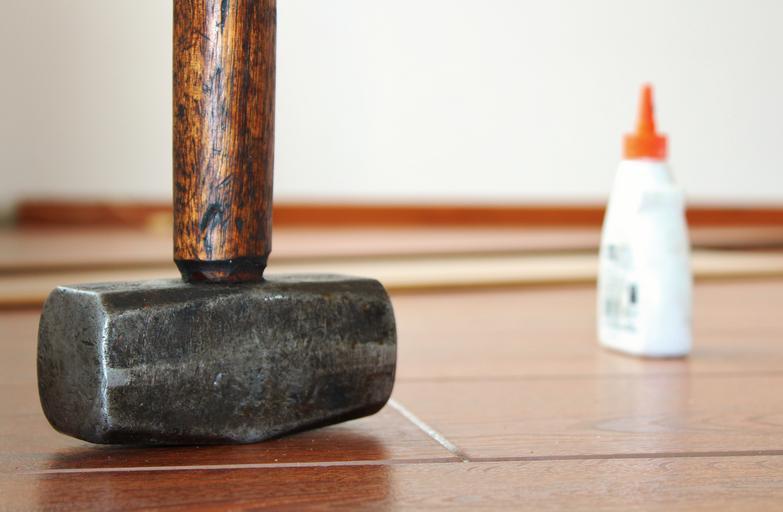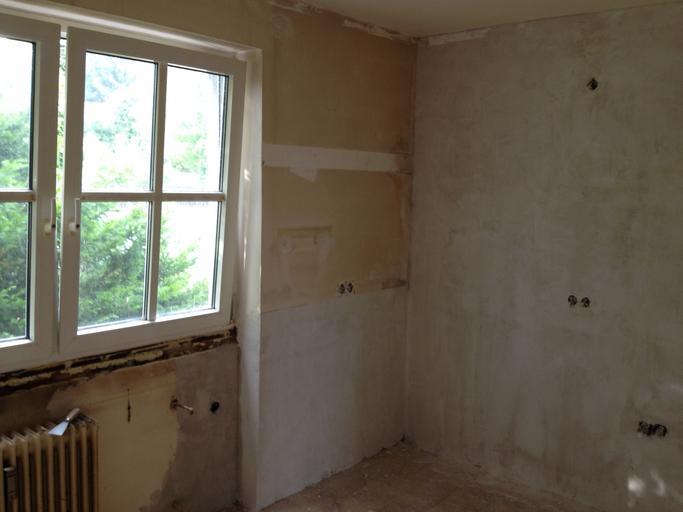When you decide to put your home on the market, it can be tempting to want to make it flawless. However, not all repairs will pay off at closing. How do you determine what not to fix when selling a house? This post will explore strategies that maximize your home’s value by identifying which fixes to skip and how to sell it with minimal investment in renovations.
Exploring What Not to Fix When Selling a House
There’s a delicate balance between making profitable renovations and wasting money on unnecessary fixes. Over-investment in the wrong areas can diminish your profits. It’s crucial to focus on repairs that will impact the sale positively without over-improving your home.
Key Considerations
Before you whip out your tools, consider a pre-listing inspection to identify any critical problems that could discourage buyers. It’s essential to weigh the cost of proposed improvements against the home’s market value after repairs. Sometimes, not fixing certain aspects and pricing the property accordingly can be the smarter financial move. Always think about the potential return on investment of any repair work.

Factors to Consider Before Making Repairs
Considering a cost-benefit analysis of home repair is vital. Determining the impact those repairs will have on your selling price can be the difference between a profit and a loss.
Cost-Benefit Analysis of Repairs
Evaluate each repair’s cost implications and prospective benefits. Not all repairs contribute equally to increasing your home’s value, and some can even detract from it.
Impact of Repairs on Selling Price
Understand how various repairs or upgrades affect the perceived and actual value of your home. Learn to prioritize changes that enhance your property’s overall appeal without inflating your budget.
Common Mistakes to Avoid
Sometimes, less is more. Being aware of common over-renovation traps and recognizing the smaller, essential repairs that should not be ignored is key.
Over-Renovating
Discuss the temptation of over-renovation and its potential downside, explaining why it may not necessarily result in the expected payoff when selling.
Neglecting Minor Repairs That Can Deter Buyers
Highlighting the balance between not fixing everything and addressing those small issues—like a leaking faucet—that can send buyers running
Answering Common Questions
“What not to fix when selling a house?”
When it comes to what not to fix when selling a house, items you should skip often include cosmetic defects, outdated appliances, or minor electrical issues. It’s better to address systemic issues that may deter home inspections, like roof damage or mold.
“Should I sell my house as is or fix it up?”
This question hinges on the current market condition and your home’s particular issues. If selling “as is” means a significantly lower price, some improvements might be beneficial. However, if the market is competitive, the less spent on upgrades, the better.
Conclusion
In conclusion, deciding what not to fix when selling a house requires careful evaluation. It’s not just about cutting costs but making strategic decisions that align with the buyer’s expectations and investment return. By considering these recommendations, you will be well on your way to maximizing your home’s value without unnecessary renovations. Remember, every property is unique, and consulting with a real estate professional can provide you with tailored advice.
Related Topics:
Unlocking the Secrets Beneath: The Importance of Septic Inspection





